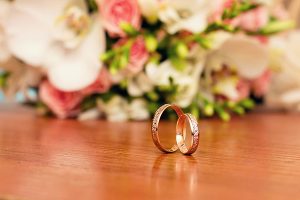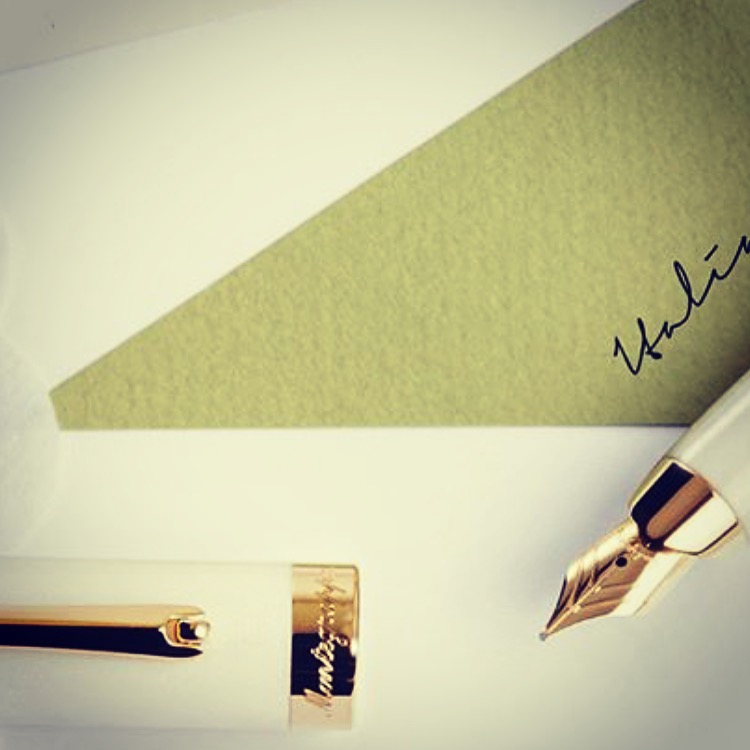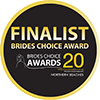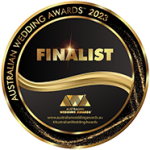When are the “Speeches” given at a wedding and who should speak?
Generally speaking, the speeches are delivered after the main meal is served but most certainly before the “bridal waltz” or first dance. These days it is not uncommon for the bride to be a speaker or even MC (Master of Ceremonies) but this all depends on the style and format of your wedding reception.
The exact timing of wedding speeches can vary depending on custom and religion too. There is a traditional order for speeches at a wedding – however it is important to remember that it is your wedding so the format, tone, pace and flow is really up to you and your partner.
For the purpose of “unpacking” and understanding of the function of speeches it may well be useful to consider a traditional protocol timeline so that you can decide which elements you wish to include and which you would like to discard – it is all up to you.
As already mentioned there is no reason whatsoever why the bride can’t have a moment or two to express her appreciation and gratitude. Generally if the bride wishes to speak, she may want to do so after the groom but this is entirely up to the couple as to who, how and when this takes place.
If you have engaged or partnered with a Wedding Planner and On the Day Coordinator you should discuss your timing for this component of the reception with your “Planner” as he or she should have a wealth of experience across a wide range of wedding styles and formats and can suggest a suitable format in tune with the “personality” of your day.
Who will deliver a speech depends on who is comfortable with speaking too. If you and your partner are not sure about what to say or how to craft your speeches speak to your Wedding Planner, as they will also have access to professional speech writers who can assist with all the speeches – delivering just the right “tone and voice” for your unforgettable day. An example of a LUXE preferred professional speechwriter is “Silvertongue Speeches” – click on the link to check out the website and their previous work with many happy and grateful couples: https://silvertonguespeeches.com.au/.
If you choose to write your own speeches, and that goes for the MC and other speakers too, as long as the people who are important to you both are thanked, and someone wishes the happy couple well then the speeches are merely a tool for appreciation and gratitude by the happy couple to their family and friends and an opportunity for your family to express their joy and happiness for your future together – note this may well include some “humour” of past experiences so make sure that who ever is going to speak has not had too much “wedding cheer”. Your ‘On the Day Coordinator’ should be across this very important element.

The following is an overview of a “traditional” format for delivering speeches at a wedding reception. Always check with your Wedding Planner for the appropriate format that will be a perfect fit for your day.
Master of Ceremonies – (MC):
The MC may be a hired professional, family member or close friend. The MC Controls the order of speeches. He or she will call for the guests’ attention and either introduces each speaker in turn or just the first speaker. The format and how formal or not you wish this element to be is up to you.
The Bride’s Father:
The Brides Father or close friend and or a relative of the bride’s family speak first. The bride’s father will propose a toast to the newlywed couple. What he will speak about will depend on each individual reception and your preferred formality.
The Groom:
The Groom traditionally speaks next. It is common for the Groom to:
- Thank the guests for their attendance.
- Thank the bride’s parents for welcoming him into their family.
- Thank everyone who contributed to the wedding. Special mention of suppliers and venue is always a valued moment.
- Thanks and compliments the bride.
- Pays tribute to his own parents and family.
- Thanks his best man and maybe provides a brief overview of how and why this friendship is important to the groom.
- Thanks the bridal party.
- Thanks his groomsmen for their help in preparing him for the wedding, and finally –
- Thanks everyone for coming and for their very kind best wishes and gifts.
The Bride:
This can vary from a few short words thanking her parents and the guests for attending or can be her own beautifully crafted “ode” – see link to ‘Slivertongue Speeches’: https://silvertonguespeeches.com.au/.
The Best Man:
Officially, the best man’s role is to reply on behalf of both groomsmen and the bridesmaids. His speech is traditionally the most informal of all the speeches and generally includes:
- Complimenting the bride and groom and wishing them a lifetime of happiness.
- Thanking the groom for asking him to be best man.
- Anecdotes of amusing (not embarrassing) stories about the groom and an informal note or two about the bride and groom, and why they are perfect for each other.
- Usually reads out any notes and or emails from relatives or close friends who were unable to attend.

If there are to be other toasts or additional speeches to be made they are usually done at this time. These are generally much shorter in duration then that of the Father Of the Bride, the Groom and Bride. These speeches may given in the following order:
- Toast to the parents by the MC or a groomsmen – not usually the best man.
- Father of the groom.
The MC will then finalise the wedding speeches by encouraging the guests to enjoy the rest of the evening and “welcomes” the happy couple to dance floor – or introduces the “bride and her tribe’ as they pay tribute to the groom, or intros the “bridal waltz” or first dance for the happy couple – mid way through the song of choice the MC will invite the wedding guests to join the happy couple on the dance floor.
This generally concludes the formal component of the wedding reception – and its time to party on.

For more helpful wedding planning and “on the day coordination” tips check out our other Blogs – or simply call us at LUXE to discuss.
Your day – your way – without fuss.
Cheers for now,
xo










